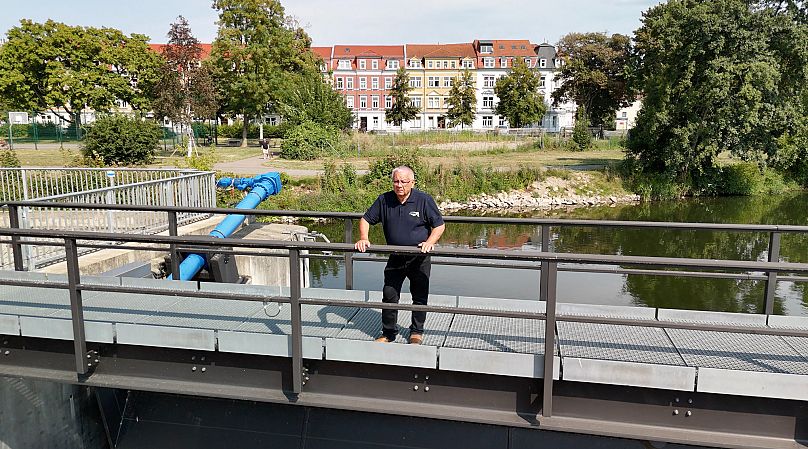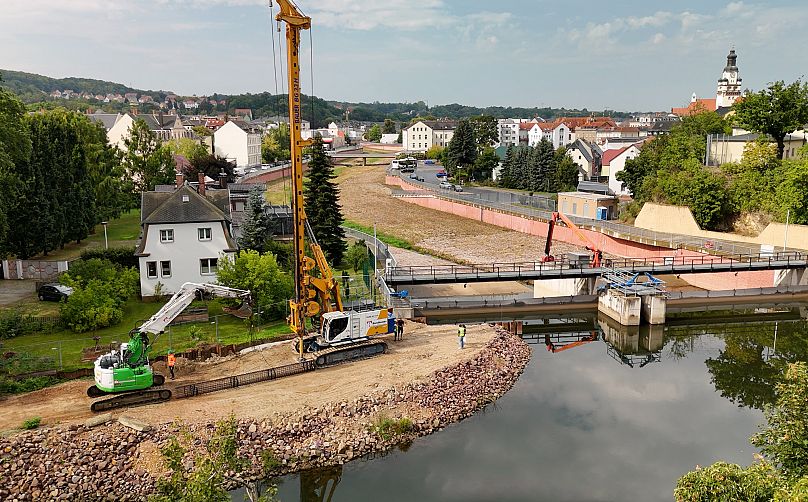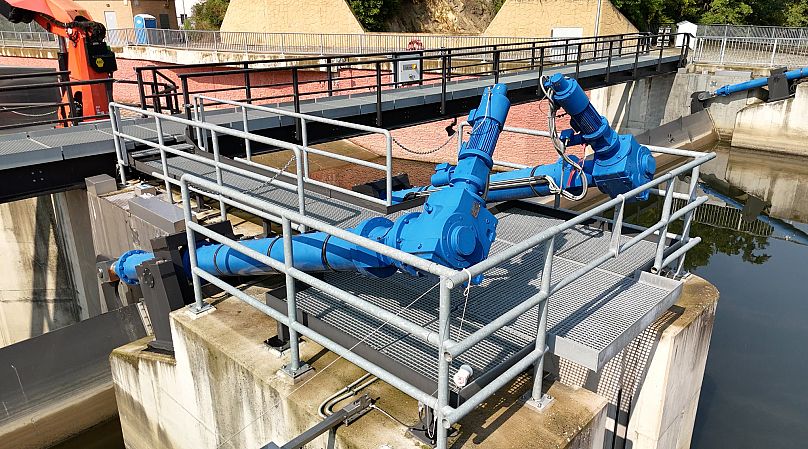Technology can save us from floods. After the 2002 floods in Central Europe, which left 232 people dead, the challenge is to find ways to prevent such disasters through state-of-the-art infrastructure. We discovered how a "smart dam" works by looking at an example of one from Germany.
"In Döbeln, the speed of the current was so strong that those who were not able to get out of the centre of town in time were clinging to lamp posts and the walls of houses. Even inflatable boats couldn't rescue them, because they were swept away by the water," explains Axel Bobbe, engineer and head of operations for North Saxony and the Leipzig region in the Saxony State Reservoir Administration, which is responsible for managing the flood prevention infrastructure in this area.
 ADVERTISEMENT
ADVERTISEMENT
 ADVERTISEMENT
ADVERTISEMENT
"After the catastrophe, everyone was in shock. So they opened the doors for us to work on applying innovative technologies to the problem – technologies that, up to that point, no one had thought to implement here.".
At that time there, was no adequate alert system in place, no proper system of advance warning. One of the special challenges of the Döbeln area is that there is almost no time window for responding to alerts, Bobbe explains. When torrential rains come, there is only a five to six hour window before the onset of local flooding. This contrasts with other locations on the river Elbe, for example, where this window is five days, or the river Rhine, where it can be as much as two weeks.
It is all the more important, therefore, for Döbeln to have a fully automated system. The cornerstones of this titanic engineering feat are the dam and the canal. The dam that has been built is fully automated, with sensors and cameras installed at strategic points. "It's a smart system: the technology performs real-time measurements of river flow, and the data from these is sent via satellite to the operations centre," explains Bobbe. This technology is able to predict a rise in water levels well in advance.
When the flow of the main river rises, this automated dam can divert up to 70% of the water into the relief canal. "A fully automated operation like this would have been unthinkable in the past."














